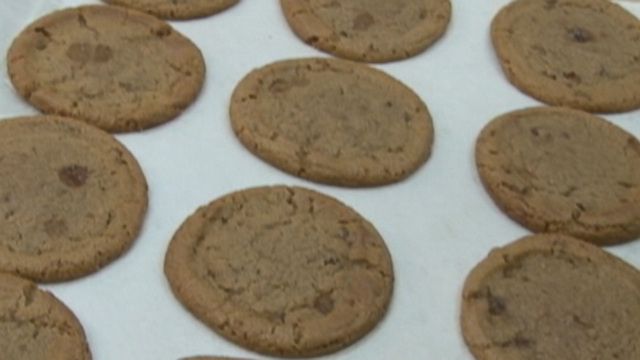
High glycemic index and glycemic load diets as risk factors for insomnia: analyses from the Women's Health Initiative.

Low intake of vegetables, high intake of confectionary, and unhealthy eating habits are associated with poor sleep quality among middle-aged female Japanese workers. Katagiri R, Asakura K, Kobayashi S, Suga H, Sasaki S. Beverages, tea, black, brewed, prepared with tap water. doi:10.5664/jcsm.3170ĭepartment of Agriculture Food Data Central. Caffeine effects on sleep taken 0, 3, or 6 hours before going to bed. Caffeine and selective adenosine receptor antagonists as new therapeutic tools for the motivational symptoms of depression. Caffeine: cognitive and physical performance enhancer or psychoactive drug? Curr Neuropharmacol. The effects of dietary nutrition on sleep and sleep disorders. National Heart, Lung and Blood Institute. Try therapy: There are different therapy techniques that may help decrease insomnia, such as cognitive behavioral therapy, or mindfulness-based therapy.Sleep with a wedge pillow: Raising your upper body can help prevent acid reflux (heartburn) during the night.Ask your healthcare provider about herbs or medication: If you are still having problems falling asleep after trying other natural solutions and lifestyle changes, talk to your healthcare provider about possible herbal remedies or medications that might be appropriate for you.



 0 kommentar(er)
0 kommentar(er)
